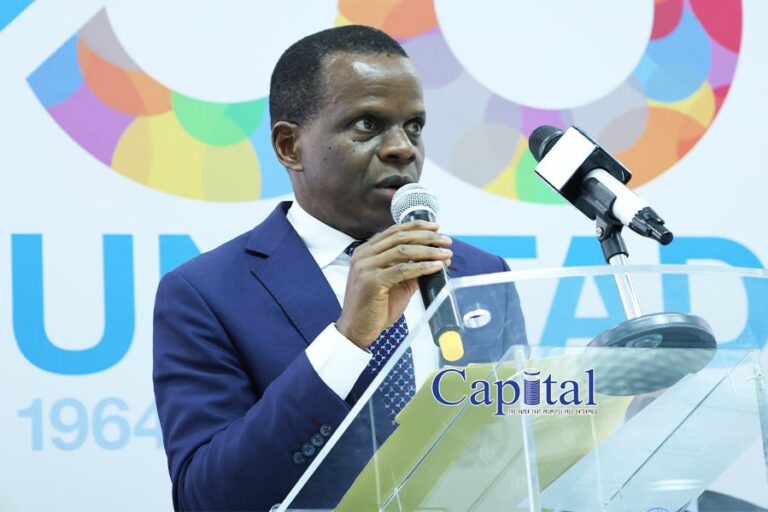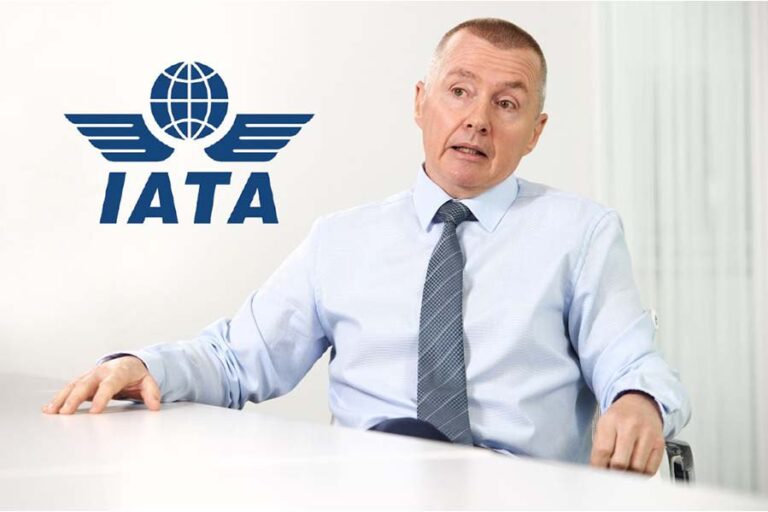In a recent event held in Addis Ababa, Rebeca Grynspan, the UN Trade and Development Secretary-General, highlighted Africa’s vast deposits of critical minerals needed for the global energy transition. Minerals such as cobalt, copper, and lithium found in abundance across the continent have the potential to power a sustainable energy future, but realizing this vision will require a shift away from the extractive model that has kept resource-rich African nations dependent and impoverished.

“Cobalt, manganese, graphite, lithium are not just elements on the periodic table,” Grynspan said. “They can be the building blocks of a new era – powering our homes, driving our vehicles, and connecting our world. Catalyzing a green revolution that can lift millions out of poverty and create a fairer world.”
To achieve this, Grynspan emphasized the need to embrace a new paradigm that prioritizes domestic value addition, fosters regional integration, and empowers local communities. This sentiment was echoed by Antonio Pedro, the deputy executive secretary of the UN Economic Commission for Africa, who said that adding value to critical minerals in Africa could make the continent a competitive hub for green industrialization.
“Imagine the potential if African minerals are processed into African batteries, installed into African cars that are driven across the continent and the world,” Pedro said. “This would accelerate the deployment of renewable energy and the electrification of transport systems on the continent, create decent jobs and make Africa a competitive hub for green industrialization.”

However, harnessing Africa’s critical mineral wealth for sustainable development will require a strategic and equitable approach to policymaking. Monique Nsanzabaganwa, the African Union Commission’s deputy chairperson, cautioned that some current and proposed rules and regulations threatened to undermine African countries’ efforts to increase beneficiation and value addition on the continent.
“In addition to the right policy mix, it also requires fair international structure and systems, especially in terms of regulations and rules,” Nsanzabaganwa said.
The event brought together leaders, diplomats, experts, and key stakeholders to chart a new development course for Africa by exploring ways to better harness the continent’s critical mineral wealth. With Africa home to sizeable reserves of the world’s critical energy transition minerals, participants discussed strategies to enhance revenue mobilization, boost regional value chain integration, and increase investment in infrastructure, skills, and innovation to support minerals-based industrialization while promoting climate action.
By embracing a new paradigm that prioritizes domestic value addition, regional integration, and empowerment of local communities, Africa can unlock the transformative potential of its critical mineral resources and pave the way for a sustainable energy future.






